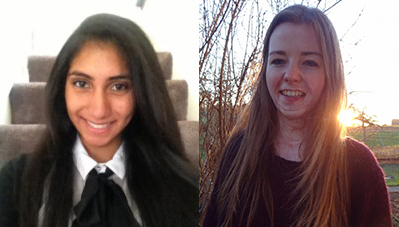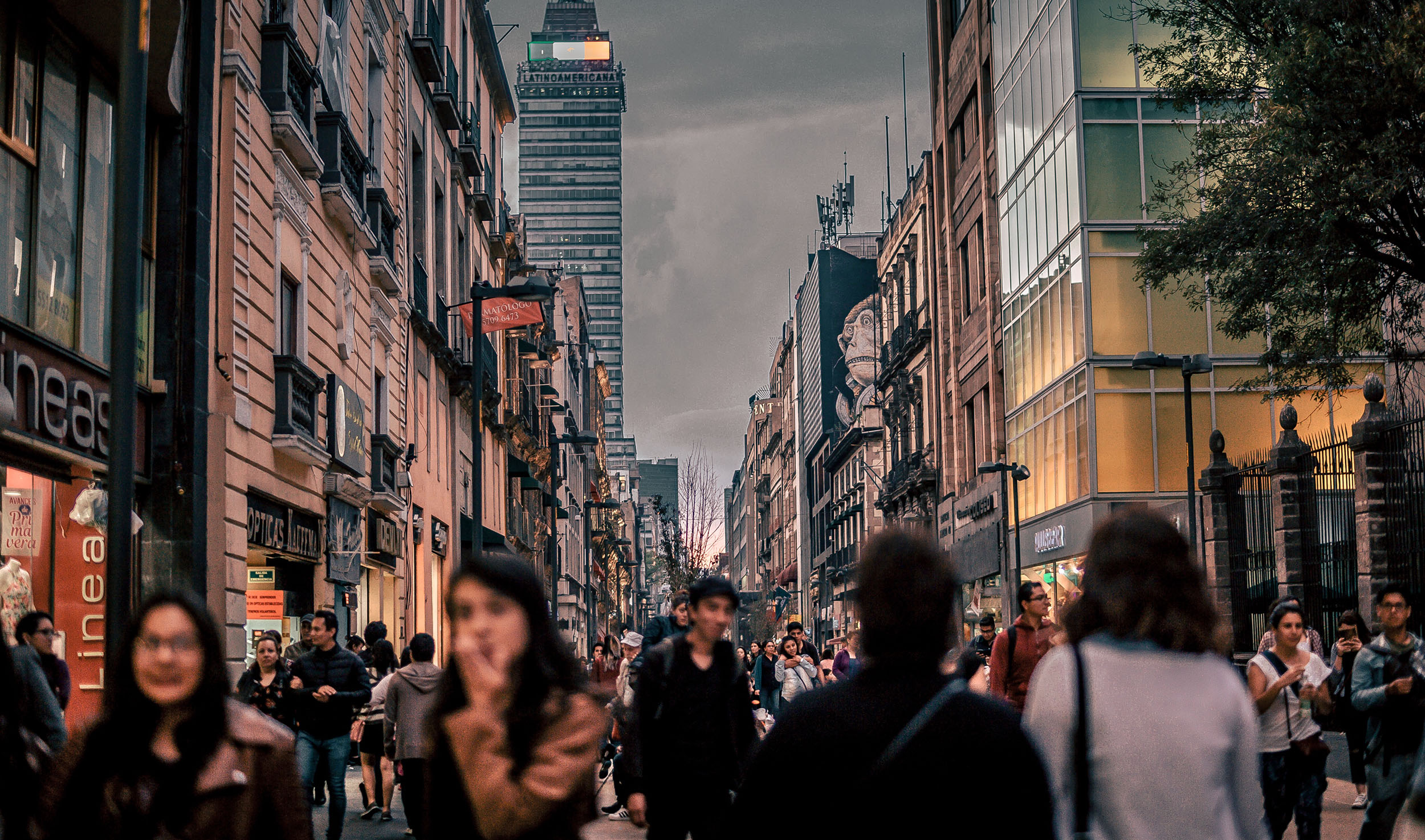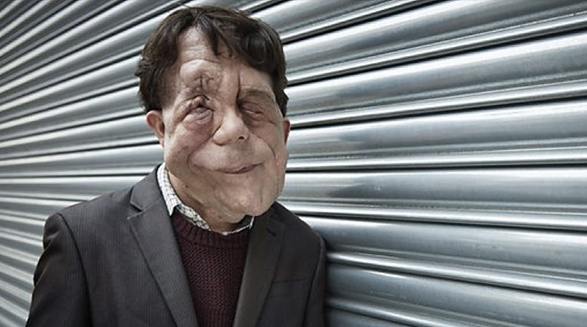As part of Face Equality Day, Changing Faces commissioned research to investigate attitudes towards people who have a disfigurement. The vast majority said that they did not discriminate against people based on their facial appearance. However, research carried out in 2017 revealed that two thirds of people held negative attitudes towards people who have disfigurements.
The research found that people with disfigurements are either unintentionally, or intentionally treated differently to others at work and school. They are also portrayed differently in the media, films and advertising and face various reactions from other people when out and about. Ditch the Label teamed up with the guys at Changing Faces to help tackle discrimination towards those with unusual appearances.
Ameesha Patel and Isabel Sahli from Changing Faces tell us a thing or two about #FaceEquality…
1. 1 in 47 People around the UK have a disfigurement…
…That means over a million people have an unusual appearance.
2. There are so many different disfigurements you probably haven’t even heard of.
To name a few: Psoriasis, Vitiligo, Paralysis, Birthmarks, Lupus, Alopecia, Ichthyosis, Cancer, Cleft, Moebius Syndrome, Haemangioma, Rosacea, Eczema, Dermatitis, and lots more.
3. Having a scar doesn’t mean you’re a villain.
In movies or books, the person with a scar is often portrayed as the bad guy. That’s certainly one of the reasons why people with a disfigurement face such serious discrimination.
4. People with a disfigurement can wear bikinis!
One of the biggest fears of some people with a disfigurement is going to a swimming pool or the beach because then they have to wear a swimsuit. This is a common fear because they know that their body will be on show and sure enough, people will stare.
5. A visible difference doesn’t stop someone from being a nice person!
Having a different appearance doesn’t reflect on a person’s personality. At all.
6. Someone shouldn’t be treated differently because they look different.
People with a disfigurement don’t want to be treated differently – they just want to be treated equally.
7. Disfigurement and disability are not the same thing!
Someone who looks different is not necessary disabled.
8. A visible difference isn’t contagious…
You definitely can not catch a disfigurement!
9. ‘Poor you’ doesn’t help…
Showing pity is one of the most frustrating things for a person who looks different because even if the comment is well intentioned, it can come across as patronising, condescending and alienating.
10. ‘You’re so brave’ doesn’t work either
This assumes disfigurement is one of the worst things that can happen to someone and so anyone who deals with it must be exceptionally brave. It can take courage to face difficult situations but bravery does not come into it.

Read 10 Things Not to Say to Someone Who Has an Unusual Appearance by Rehana Browne of Changing Faces.
You can do your bit towards promoting Face Equality by signing the Face Equality Pledge now and joining the conversation on twitter using the hashtag #FaceEquality.













